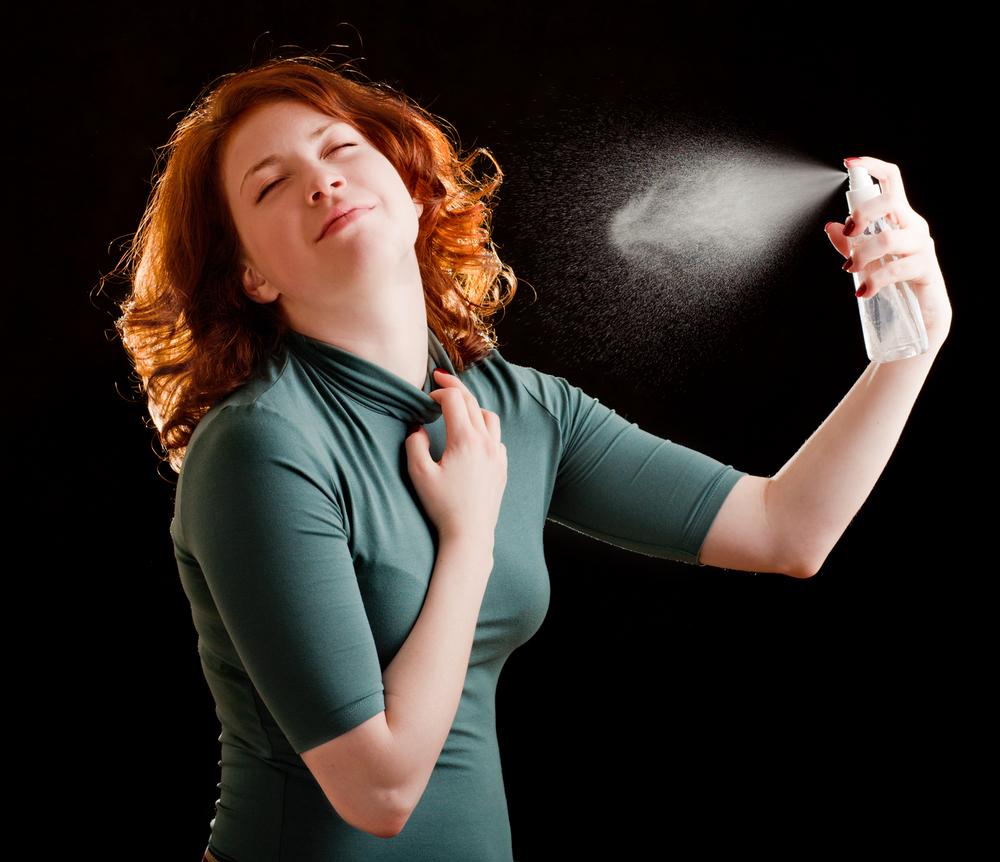Understanding the Causes of Night Sweats in Adults
Night sweats, or nocturnal hyperhidrosis, are intense nighttime sweating often caused by hormonal changes, infections, medications, or underlying health conditions like thyroid issues or cancers. Diagnosis involves medical testing, and treatment depends on identifying the specific cause. Consult healthcare providers for proper evaluation and management of persistent night sweats to ensure effective relief and address any serious underlying issues.
Sponsored

Understanding Common Causes of Night Sweats
Night sweats, or nocturnal hyperhidrosis, involve intense sweating during sleep that can soak clothing and bedding. Mild sweating caused by a warmer bedroom or heavy pajamas is normal and not a concern. However, unexplained excessive sweating warrants medical attention. Several health conditions may trigger night sweats in both men and women, and proper diagnosis requires consultation with a healthcare professional who may perform various tests. Key causes include hormonal shifts, blood sugar fluctuations, infections, medications, thyroid issues, neurological problems, alcohol use, and even certain cancers.
Major causes of night sweats include:
Menopause and hormonal changes: Significant hormonal fluctuations, especially a drop in estrogen, can cause hot flashes during night, affecting women primarily. Men can experience similar symptoms due to decreased testosterone levels.
Blood sugar levels: When blood glucose drops below 70 mg/dL, individuals may experience dizziness, anxiety, and sweating, often at night. Certain medications for diabetes or other conditions can also contribute.
Infections: Bacterial infections like brucellosis, transmitted via contaminated dairy, can lead to persistent night sweats and require antibiotics for treatment.
Medication side effects: Some antidepressants or painkillers can induce night sweats over time. Always consult your doctor if medication leads to excessive sweating.
Thyroid imbalances: Hyperthyroidism causes an overproduction of thyroid hormones, leading to increased metabolism, weight loss, anxiety, and excessive sweating at night.
Neurological disorders: Conditions affecting the nervous system, such as strokes or autonomic neuropathy, impair temperature regulation, resulting in night sweats.
Alcohol intake: Excessive alcohol consumption can elevate heart rate and dilate blood vessels, triggering sweating episodes during sleep.
Cancer: Blood cancers like leukemia, lymphoma, or carcinoid syndrome sometimes cause night sweats. If suspected, immediate medical consultation is essential.
Primary hyperhidrosis: A rare, treatable condition where excessive sweating occurs without a known cause. Secondary hyperhidrosis results from underlying health issues, requiring diagnosis and targeted therapy.
Effective treatment depends on identifying the root cause. Visiting a healthcare provider for a comprehensive evaluation ensures proper diagnosis and management. Specialists such as internists or endocrinologists can help determine the underlying condition and recommend appropriate treatment options.






